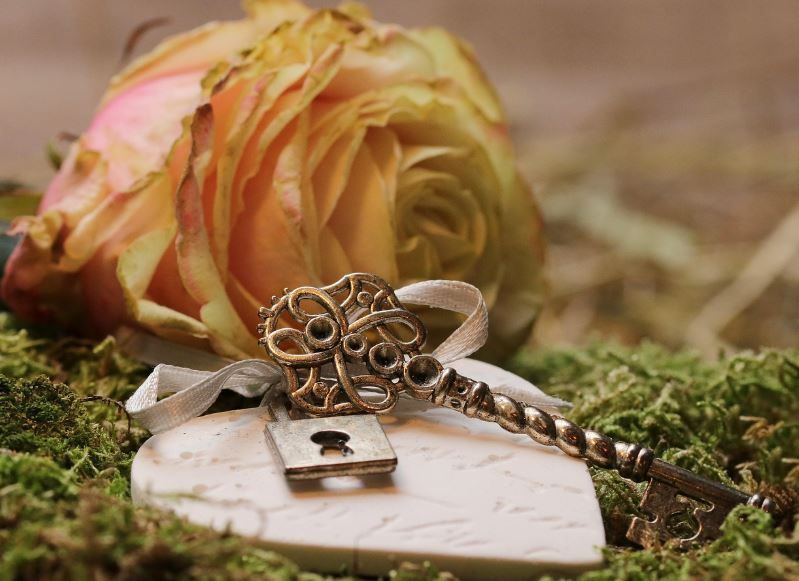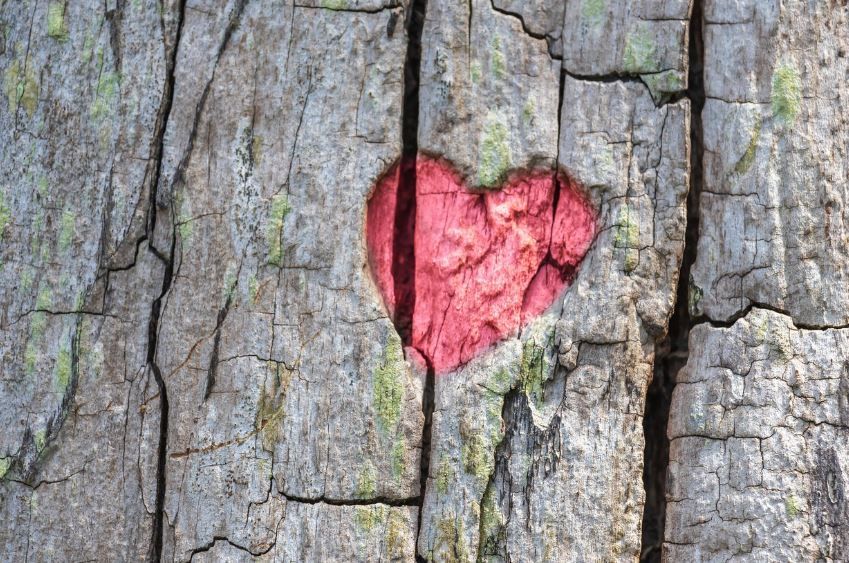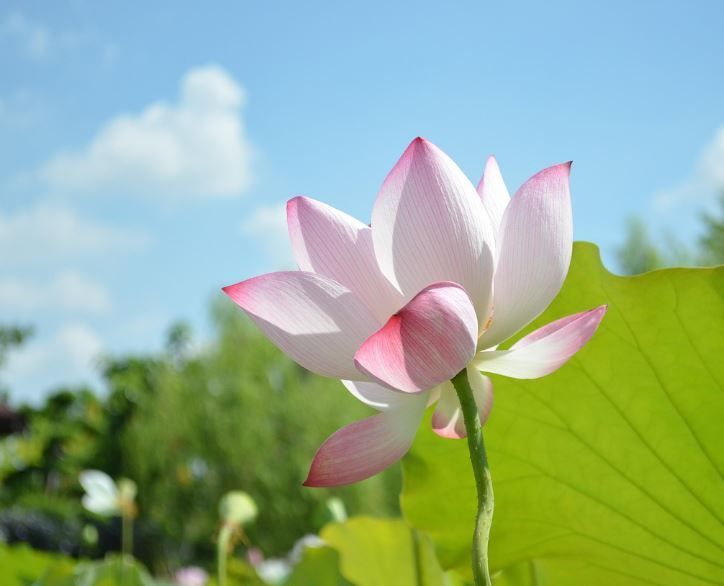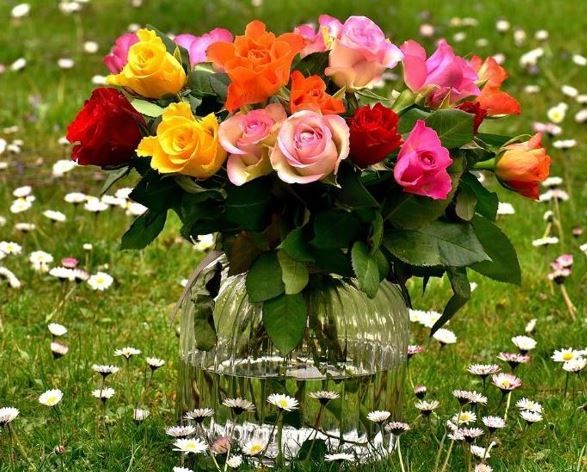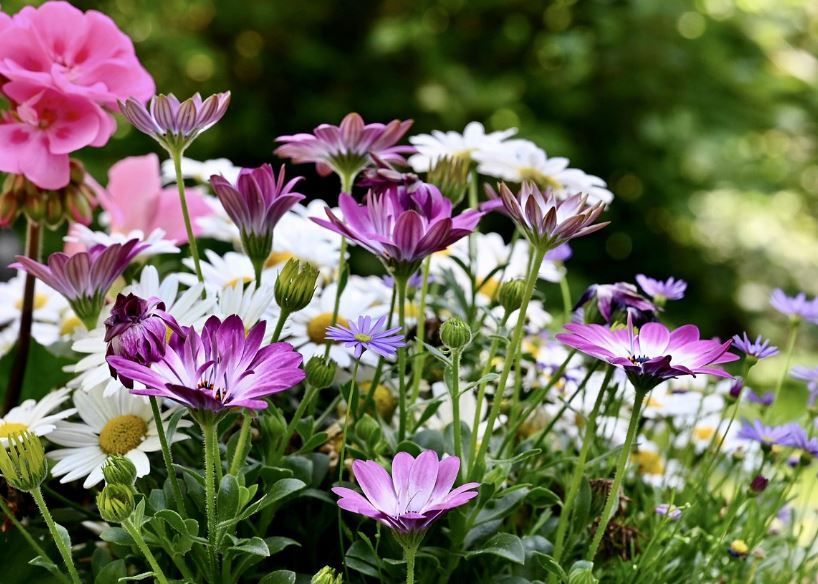What Types of Green Burials Are Available?
Green burials reduce environmental impact and honor loved ones. Learn about types of eco-friendly burials to align with your values and preferences.

Green burials are an environmentally friendly alternative to traditional burial methods, focusing on minimal environmental impact while still honoring the life of a loved one. These eco-conscious practices are gaining popularity among families who wish to leave a lighter footprint on the earth. For those considering Indianapolis, IN funeral services, understanding the different types of green burials available can help in making an informed and meaningful choice that aligns with personal values and environmental concerns.
Green Burials
Green burials, also known as natural burials, aim to return the body to the earth in a more natural state, without the use of embalming chemicals, metal caskets, or concrete vaults. The goal is to allow the body to decompose naturally and contribute to the surrounding ecosystem.
Here are some of the most common types of green burials:
1. Natural Burial: In a natural burial, the body is interred in a biodegradable casket, shroud, or directly in the ground without a vault or liner. The burial site is often in a designated natural burial ground or a dedicated section of a traditional cemetery that allows for this practice. This method allows for the natural decomposition of the body and helps preserve the environment by avoiding harmful chemicals and non-biodegradable materials.
2. Conservation Burial: Conservation burials go a step further by not only focusing on the natural decomposition process but also contributing to land conservation efforts. The burial site is usually part of a larger conservation area, such as a nature preserve. The fees associated with the burial often support the maintenance and protection of these natural areas, promoting biodiversity and land preservation.
3. Woodland Burial: In woodland burials, the burial site is within a forest or woodland area. Trees and native plants are often planted over the grave as a living memorial to the deceased. This type of burial promotes the growth of native ecosystems and creates a peaceful, natural space for family and friends to visit.
4. Alkaline Hydrolysis: Also known as water cremation or aquamation, this process uses water and potassium hydroxide to break down the body at an accelerated rate. It is considered more environmentally friendly than traditional cremation as it uses less energy and produces fewer emissions. The remaining liquid is safely returned to the environment, and the bone remains can be returned to the family in the form of a fine powder.
5. Recomposition: Recomposition, or human composting, is a newer option that involves converting the body into soil over several weeks. The process takes place in a controlled environment where the body, along with organic materials such as wood chips and straw, is transformed into nutrient-rich soil. The resulting soil can be returned to the family or donated to support conservation efforts.
Benefits of Choosing a Green Burial
Green burials offer several benefits beyond their environmental impact:
- Simplicity and Tradition: Many families find green burials to be a return to more traditional burial practices, emphasizing simplicity and natural processes.
- Environmental Stewardship: Choosing a green burial supports environmental sustainability and the conservation of natural habitats.
- Cost-Effectiveness: Green burials often eliminate the need for costly embalming, caskets, and vaults, making them a more affordable option.
- Personal and Meaningful: These burials provide a way for families to honor their loved ones in a manner that aligns with their values and beliefs about the natural world.
Working with a Funeral Home for Green Burials
When considering green burial options, it's important to work with a funeral home that understands and supports these practices. Aaron-Ruben-Nelson Mortuary, for example, offers various green burial options and can guide families through the process, helping them choose the right option for their needs and values. Their commitment to compassionate and personalized service ensures that every aspect of the burial aligns with the family’s wishes.
Conclusion
Green burials provide a compassionate and sustainable way to honor a loved one while contributing positively to the environment. Whether choosing a natural burial, conservation burial, or newer methods like recomposition, there are many ways to create a meaningful and environmentally conscious tribute. For those interested in learning more about Indianapolis, IN funeral services and green burial options, please reach out to us for more information. We are here to support you in making an informed choice that reflects your values and honors your loved one’s legacy.


